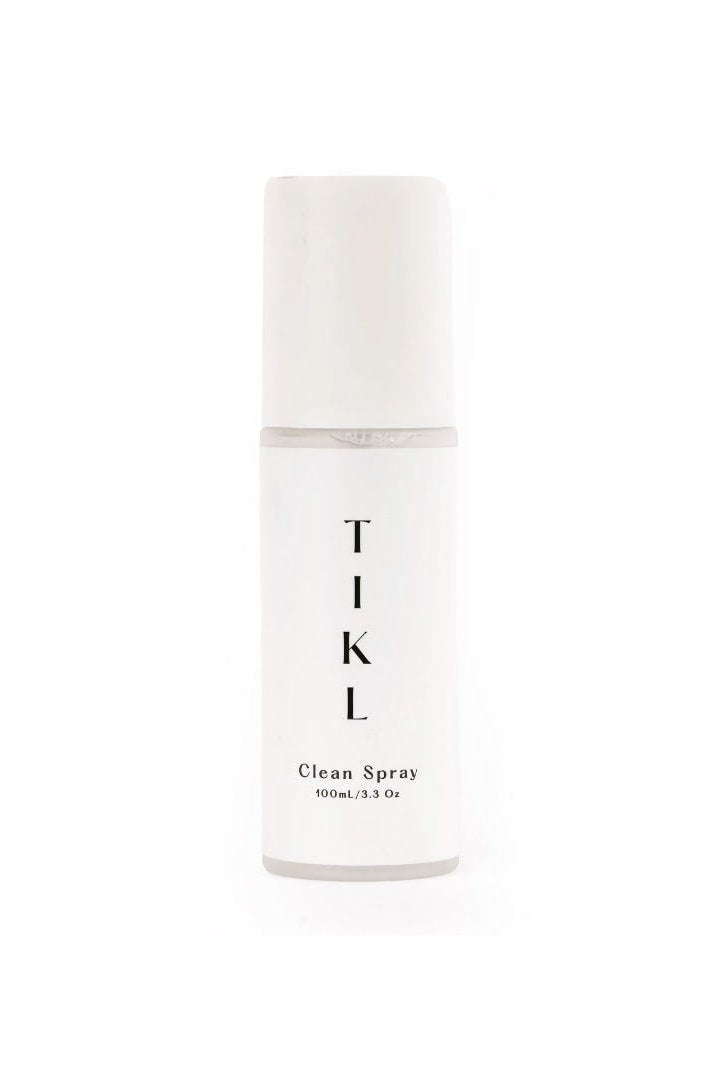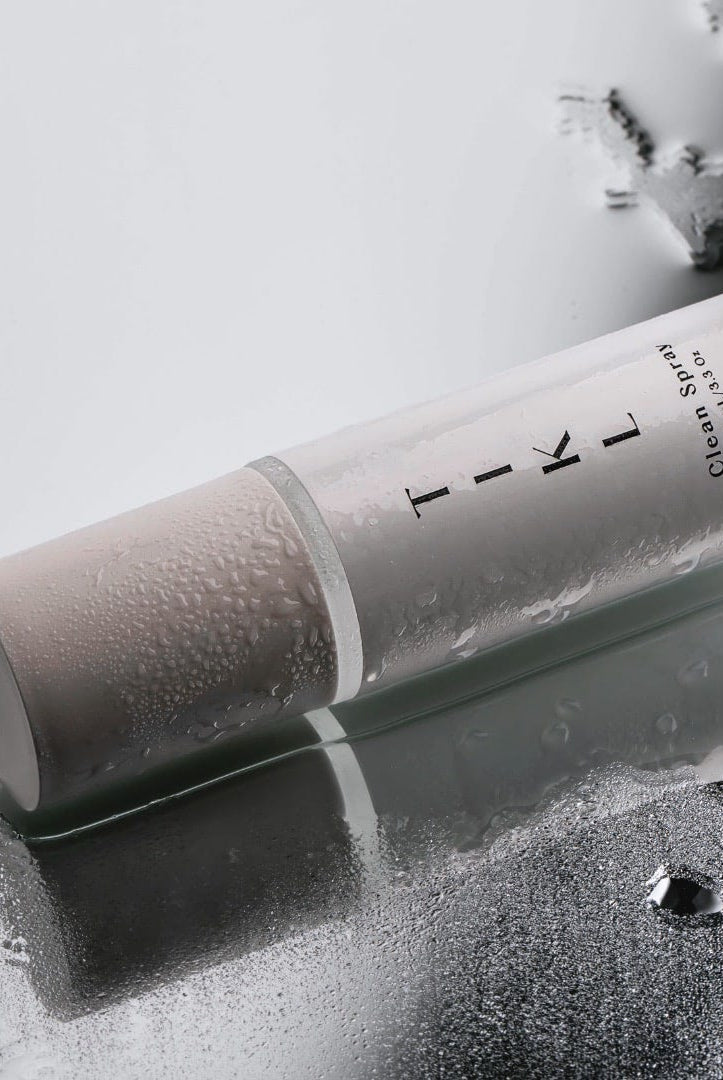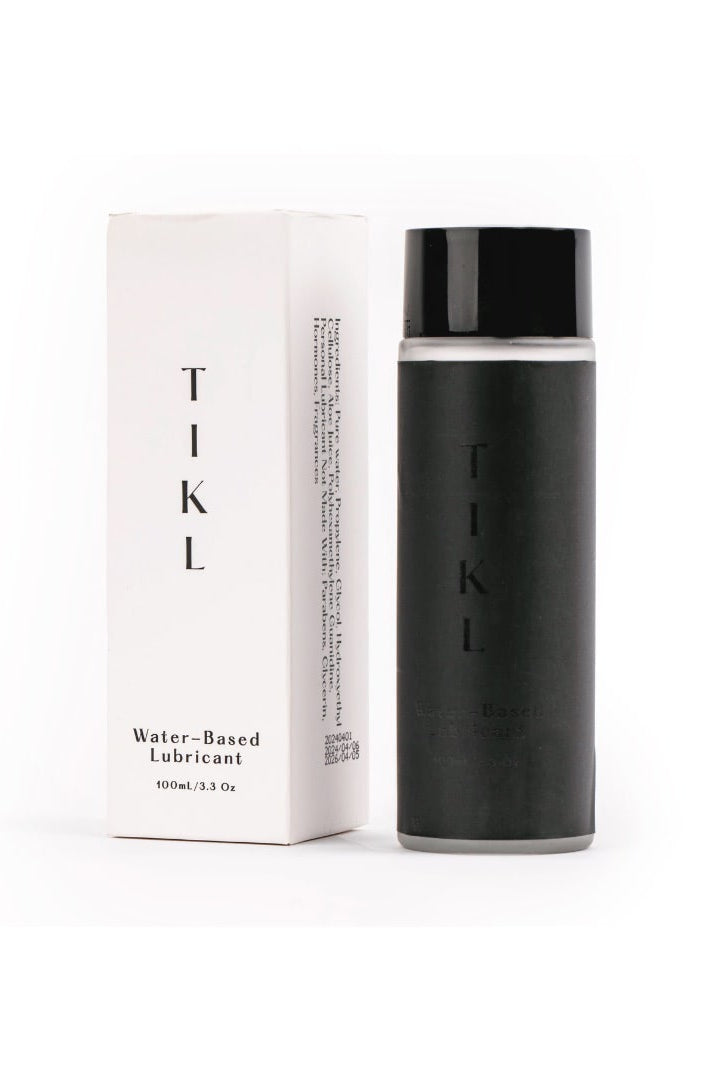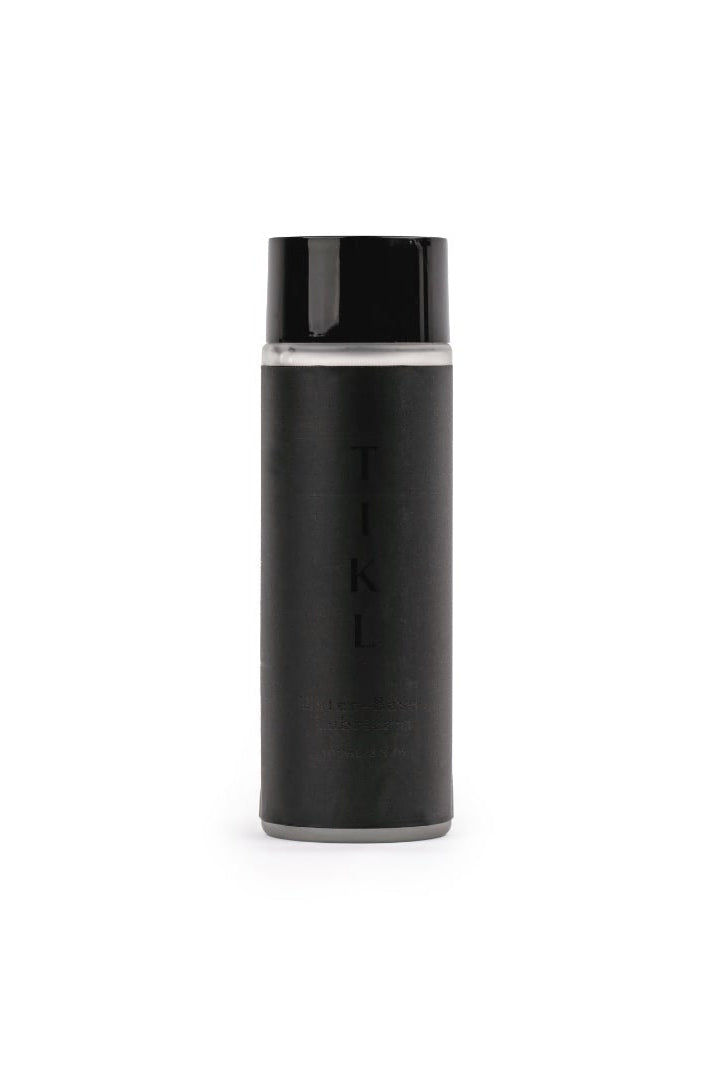Let’s cut through the shame and say it clearly:
Erectile dysfunction is real.
It’s common.
And it’s not your fault.
If your partner is struggling to get or stay hard, and you’re silently wondering, “Is it me?” - this post is for you.
Because the truth is, ED isn’t just about age, hormones, or health. For many men, it’s about trauma.
How Trauma Shuts Down Erection
Trauma doesn’t always leave physical scars, but it leaves imprints.
Childhood abuse. Combat. Accidents. Emotional neglect.
The nervous system remembers.
When the body experiences trauma, it activates the fight-or-flight response: cortisol floods the system, adrenaline surges, and blood vessels constrict.
Which means the very system that’s built to protect him…
is now preventing him from feeling safe enough for intimacy.
The Mind-Body Link
It’s not just physical.
Anxiety. Shame. Low self-worth. Fear of failing.
These psychological side effects of trauma amplify performance pressure and make the bedroom feel more like a battlefield than a place of connection.
And the more it happens, the more it loops, until sex becomes something he avoids altogether.
What You Can Do (Without Making It Worse)
First: Stop blaming yourself.
ED is not a reflection of your desirability, your worth, or your role in his healing.
Here’s what actually helps:
🖤 Create Safety, Not Solutions
Hold space without trying to fix. Let him know you’re here, you’re not judging, and you’re open to whatever pace he needs.
🖤 Encourage Support
Trauma-focused therapy (CBT, EMDR) can help address the root causes, while couples therapy can rebuild trust and closeness.
🖤 Talk About It (Even If It’s Awkward)
Communication dissolves shame. Ask him what he’s feeling. Share what it’s like for you. Build a bridge, not a wall.
🖤 Expand Your Definition of Intimacy
This is the time to explore non-penetrative connection: touch, breath, massage, eye contact, energy play.
Pleasure isn’t just penetration, and connection isn’t just climax.
🖤 Combine Therapies With Tools
If medical intervention is part of the plan, beautiful. But remember; pills won’t heal what trauma rooted.
Body-based tools, somatic work, and nervous system regulation must walk alongside treatment for real, lasting change.
Healing Is a Journey, Not a Prescription
This isn’t about a “quick fix.”
It’s about unlearning shame, rebuilding trust, and coming back into connection, individually and as a couple.
Whether you’re the partner or the person navigating ED yourself, know this:
You’re not broken. You’re healing.
And with time, honesty, and the right support, sex can feel safe, and sacred, again.
 is here! Shop now, pay later in 4 easy installments
is here! Shop now, pay later in 4 easy installments









